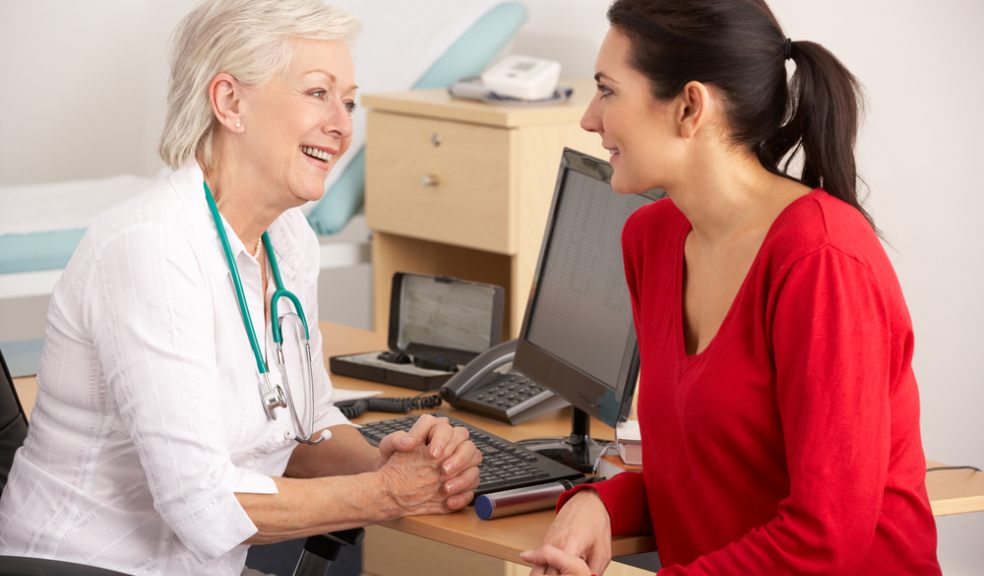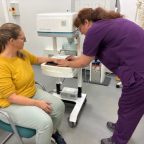
GP web consultations proposed
Health experts are to investigate whether replacing face-to-face doctor’s visits with telephone or internet consultations would bring benefits for patients and GPs.
The project will explore the perceived advantages and disadvantages of using communication technologies to deliver GP services.
Researchers will investigate whether consultations can effectively be conducted by email, text message, telephone or over the internet, based on the experiences of those who have tried it.
The two-year study will be conducted by researchers from the Universities of Exeter, Bristol, Oxford, Edinburgh.
They will speak to doctors and patients from GP practices in Bristol, Oxford and rural Scotland that already make use of alternatives to in-person appointments and others that have tried but failed, or had to change their plans.
Conducting medical consultations by phone or internet could save considerable time for patients by reducing the need to travel to doctors’ surgeries. This could be particularly useful for following up conditions that don’t need a physical examination.
One reason the healthcare system has been slow to adopt alternatives to face-to-face consultations is concern from GPs that other forms of contact may increase their workload.
Another concern is that these new forms of contact may benefit some groups of patients more than others, or change the nature of the doctor-patient relationship.
The study will address these areas and explore the role of different types of consultation method for a range of problems and a variety of patients.
It is funded by the National Institute for Health Research Health Services and Delivery Research (NIHR HS&DR) Programme.
Professor John Campbell, of the University of Exeter Medical School, said: “This important study builds on our recent research on the use of telephone triage for patients requesting appointments with their GP. Technology based solutions to the current workload challenges facing GPs and their teams are potentially of importance, but evidence is needed to help guide the correct use of such technologies in providing alternatives to face to face consultations. This new study will help by providing relevant evidence.”
Professor Brian McKinstry, of the Centre for Population Health Sciences at the University of Edinburgh, said: “We’re trying to understand whether expanding the use of mobile and internet technologies can help to reduce GP workload and bring benefits to patients. Our findings could transform the way we interact with our family doctors.”
Lead researcher Professor Chris Salisbury, from the University of Bristol’s Centre for Academic Primary Care, said: “By focusing on practices which have tried to use alternatives, including some that feel they have done so successfully, we hope to learn how practices have overcome the potential problems, the key factors that made it possible, the benefits they have found and the difficulties they face.”

















